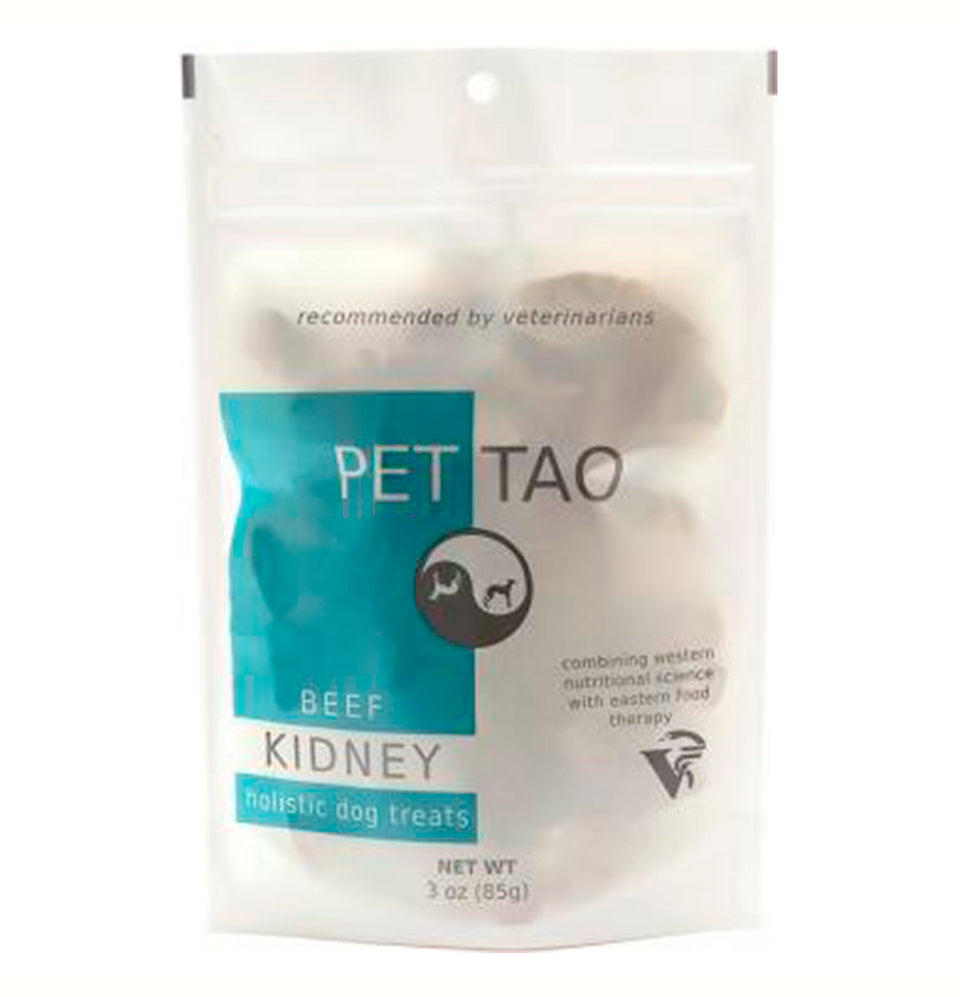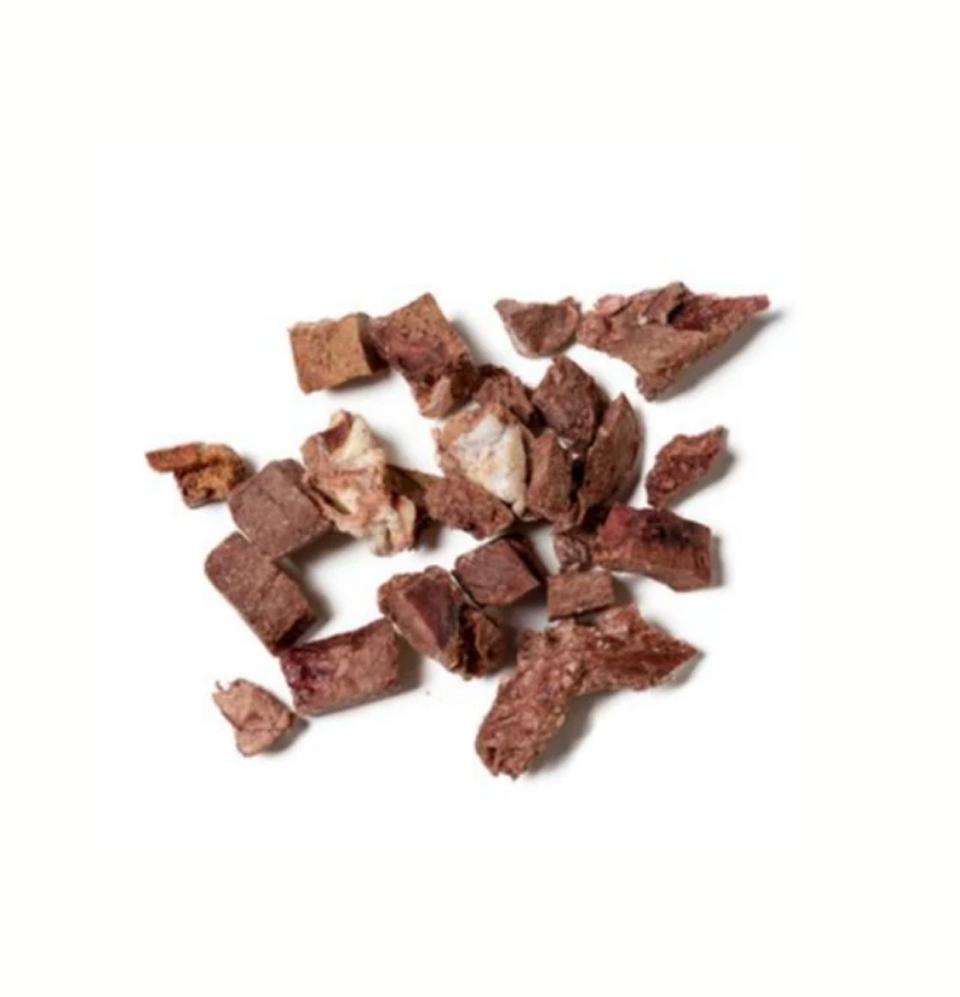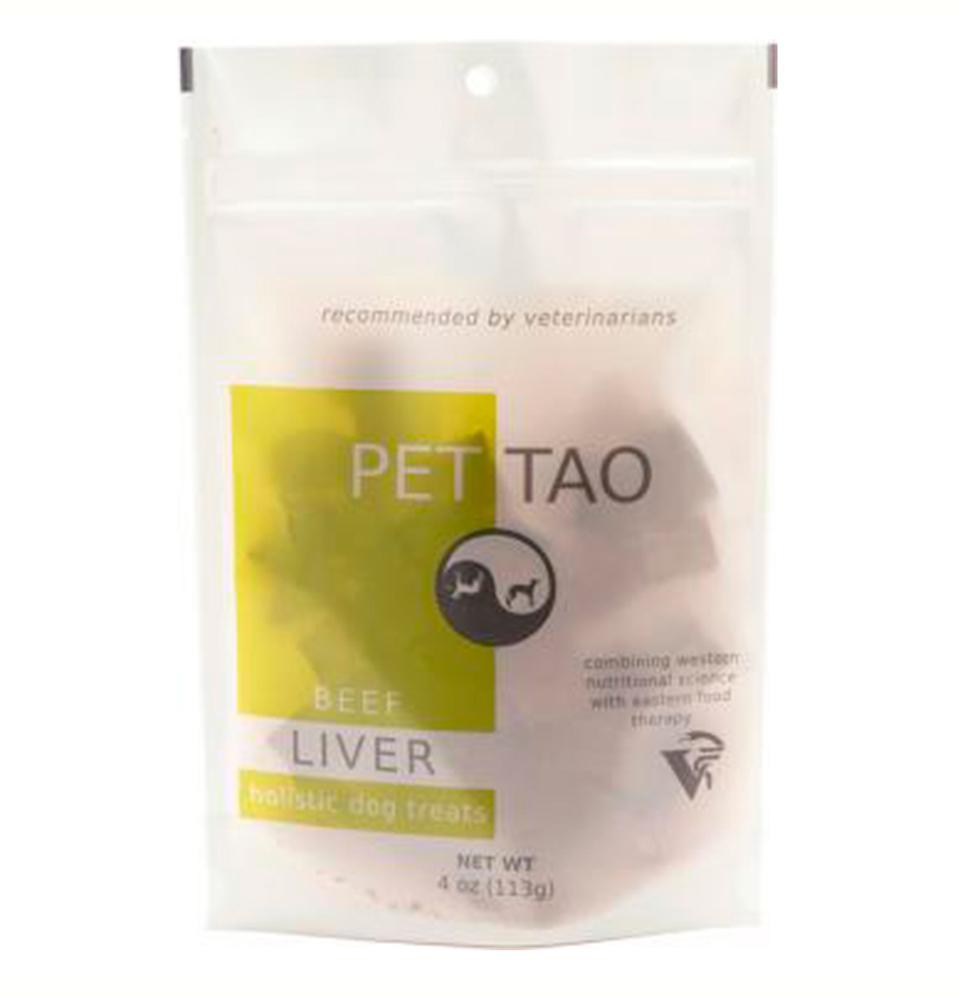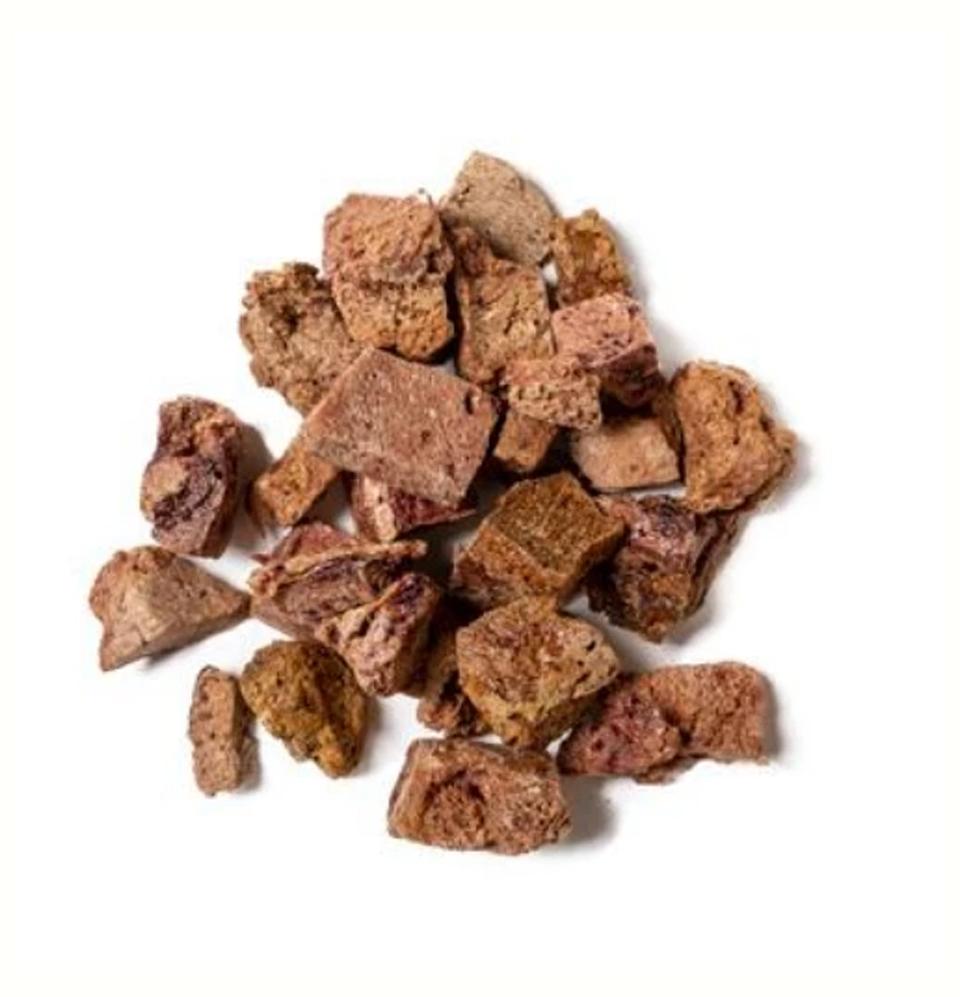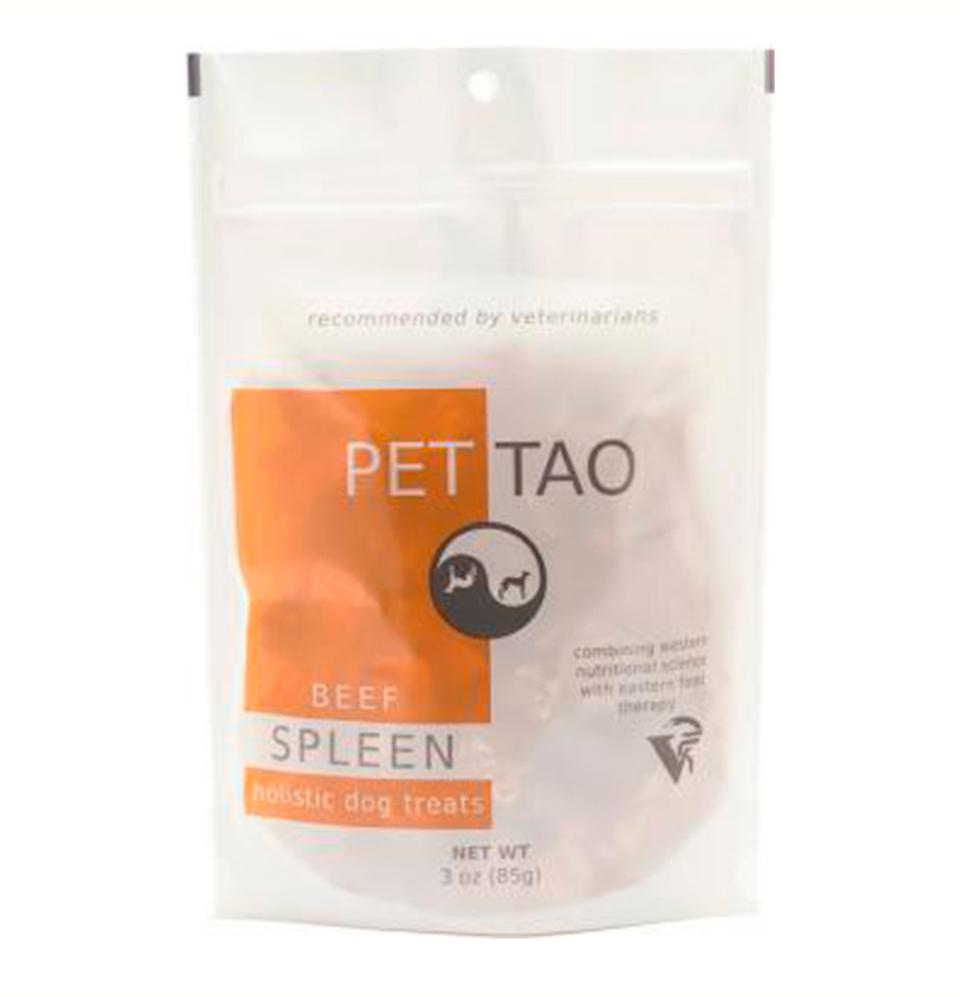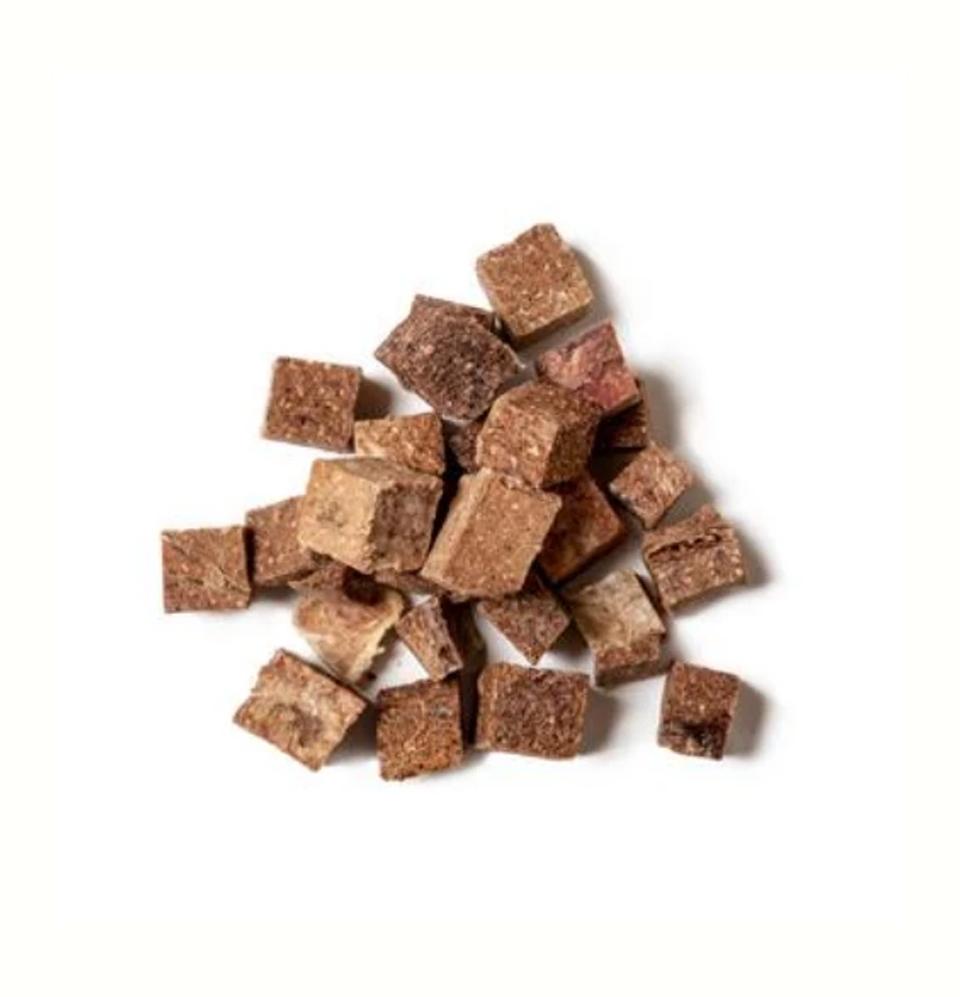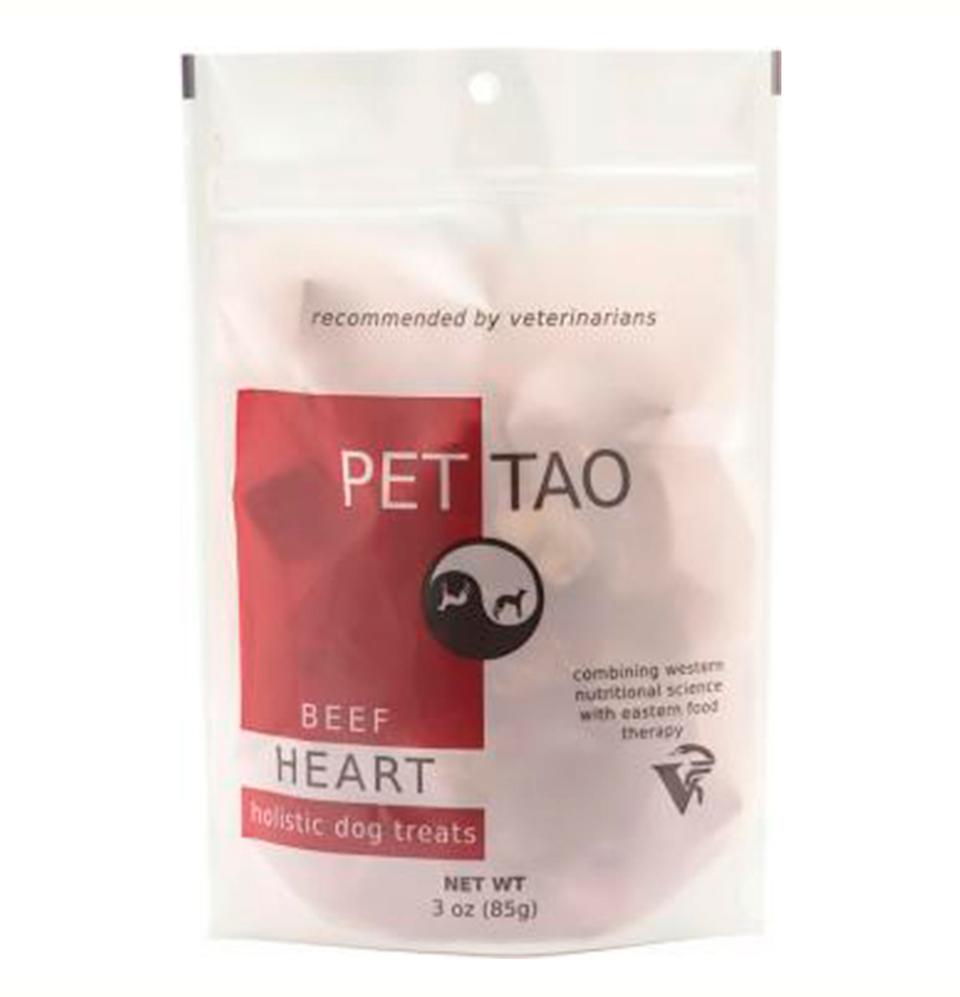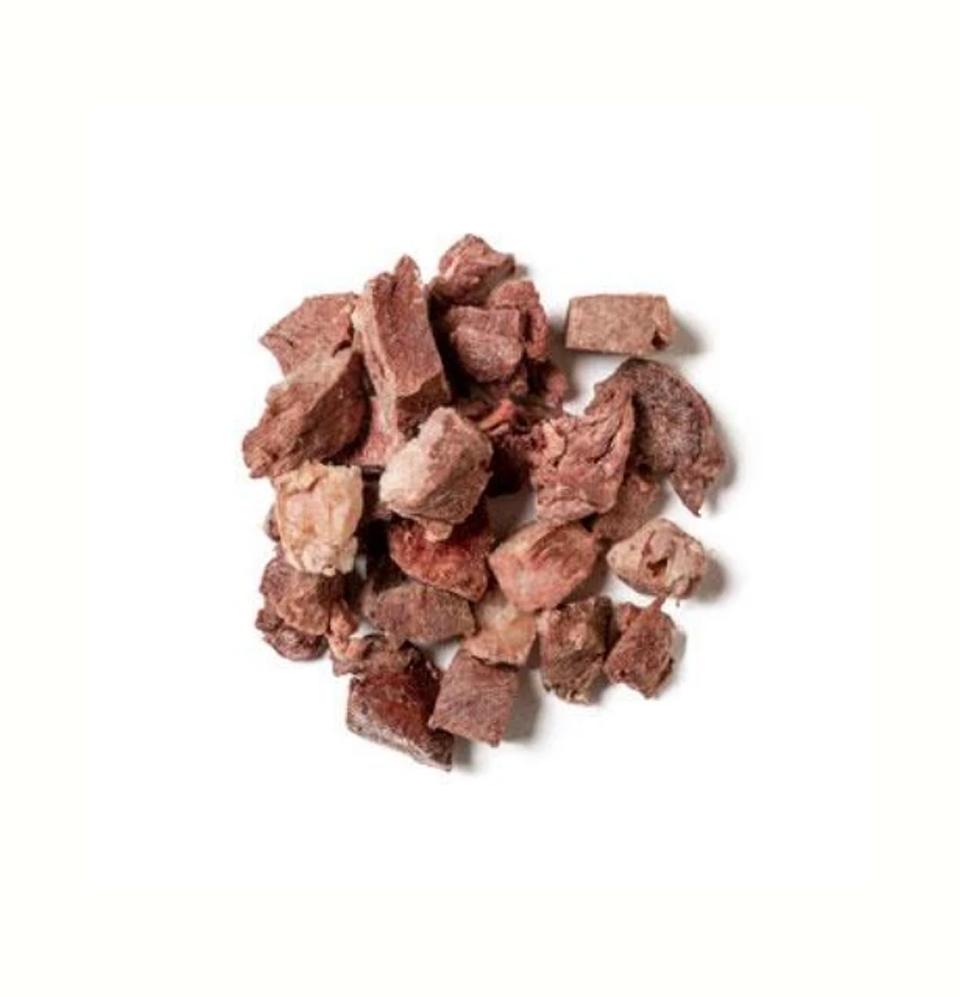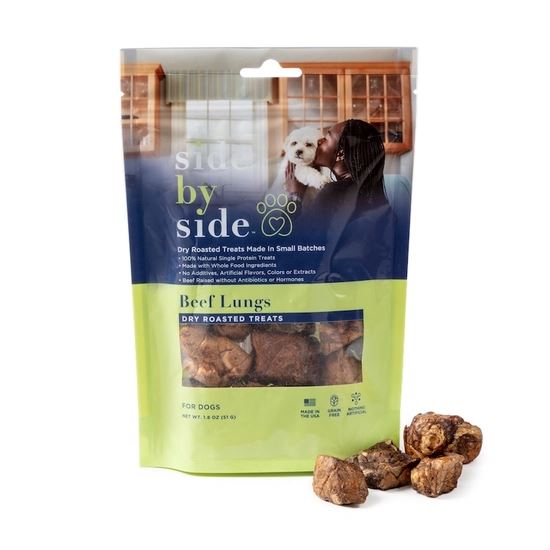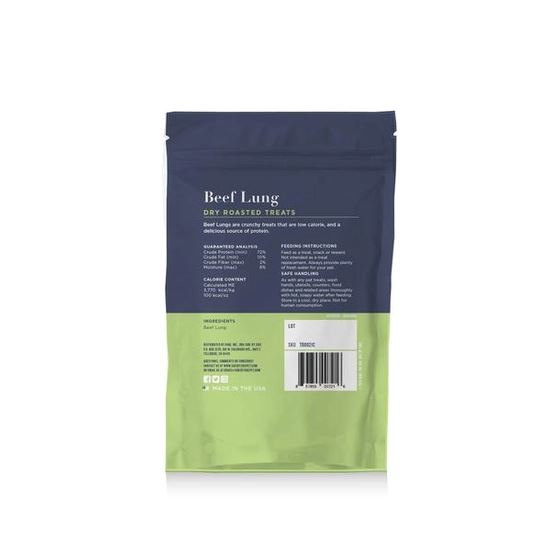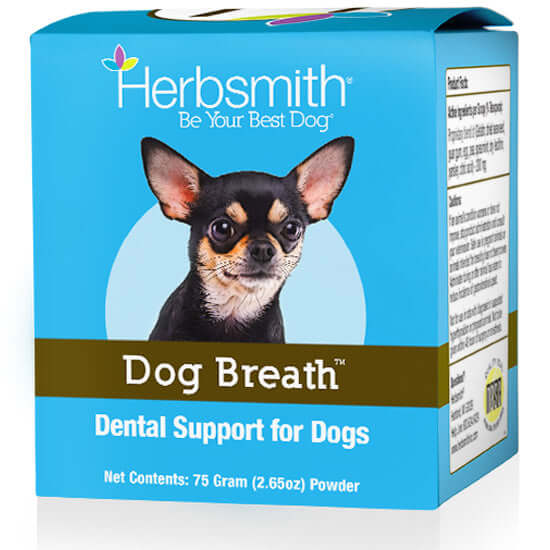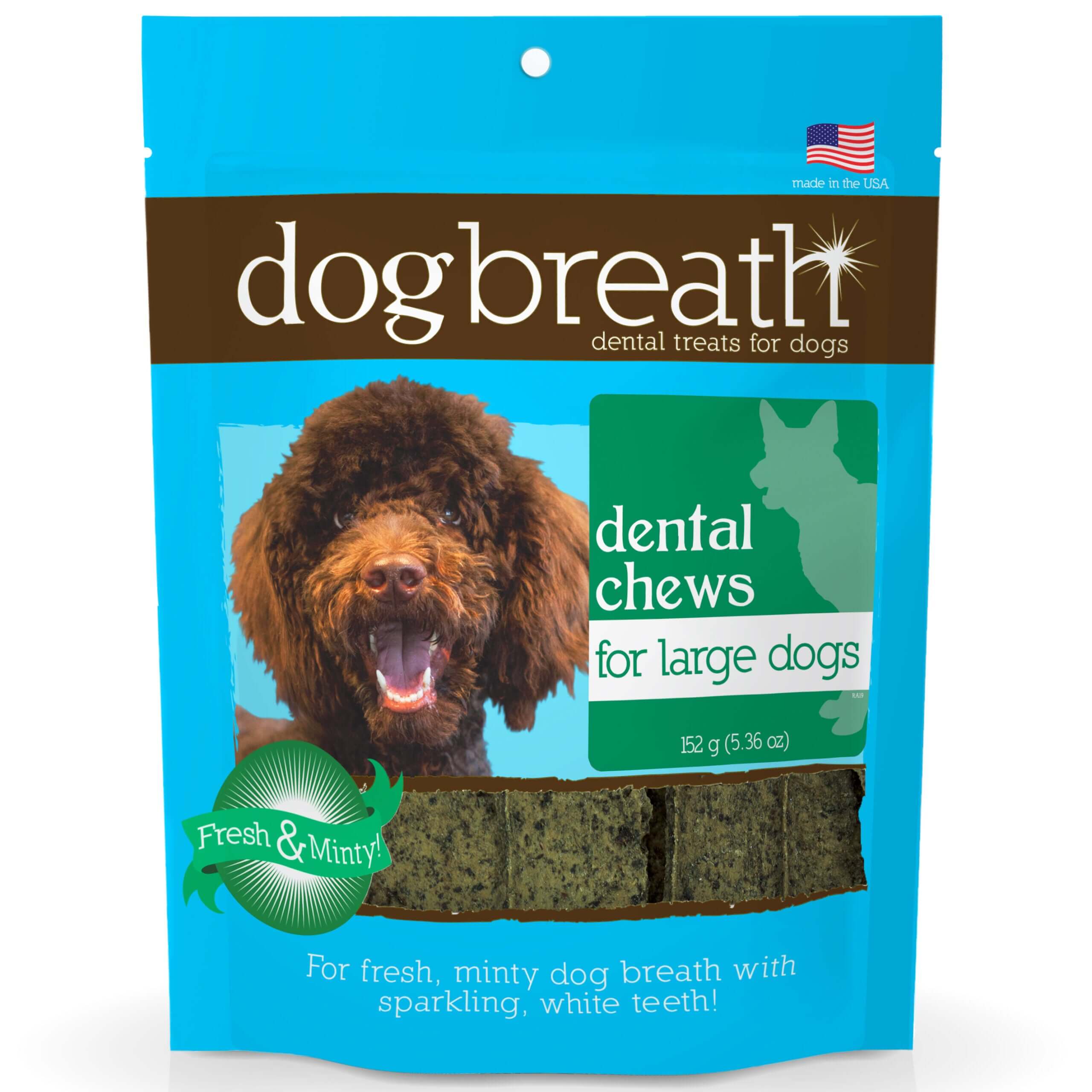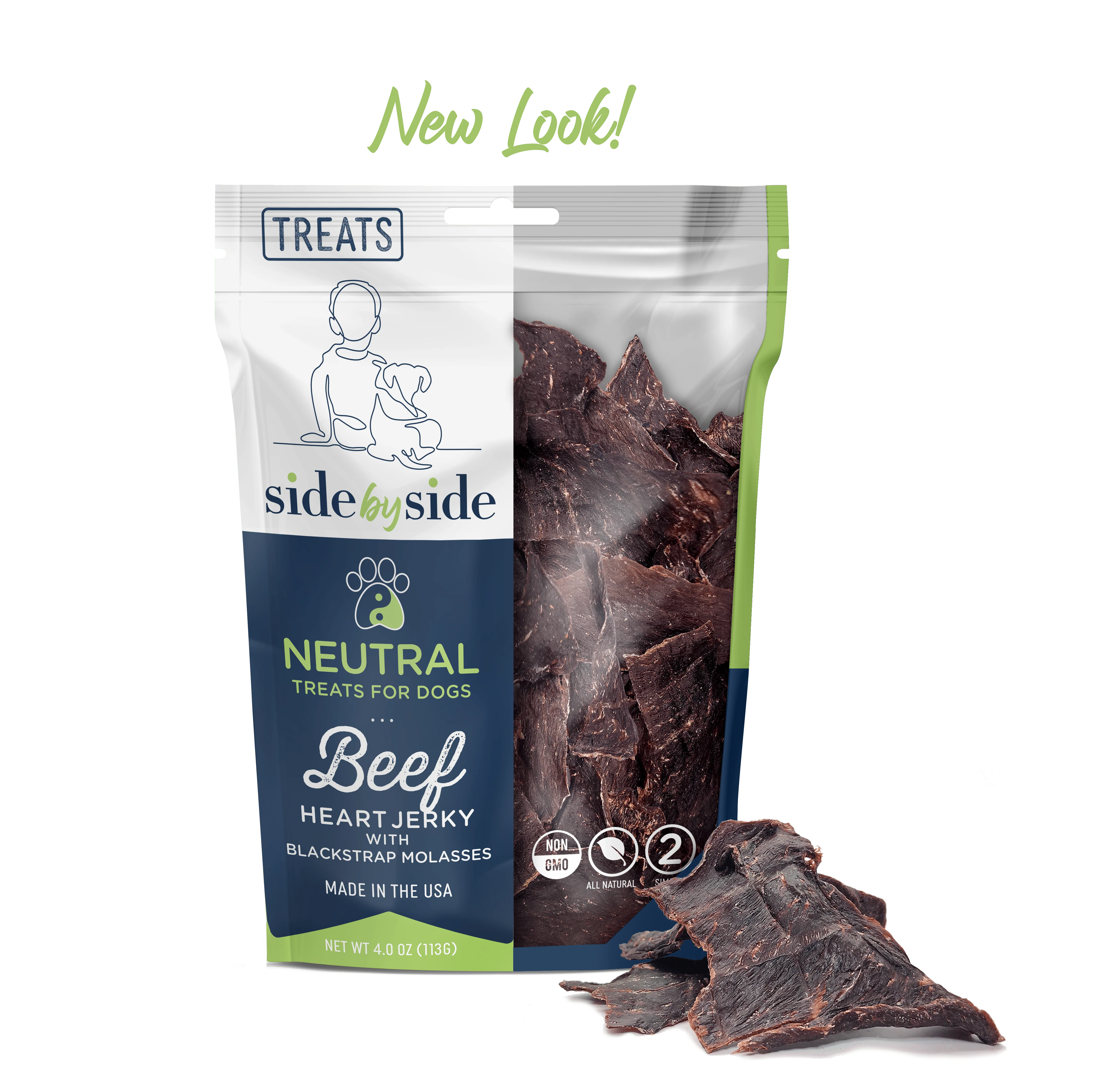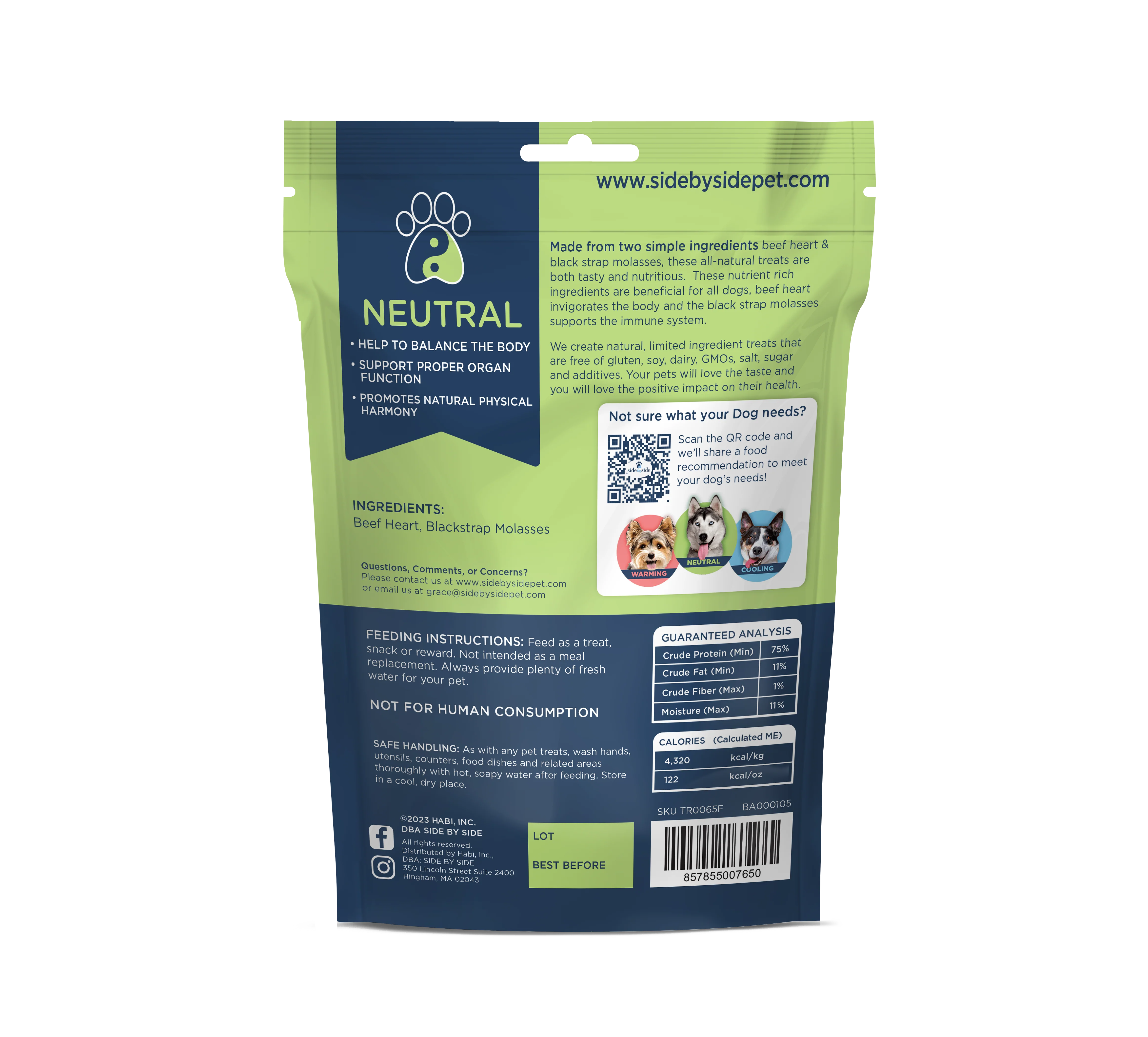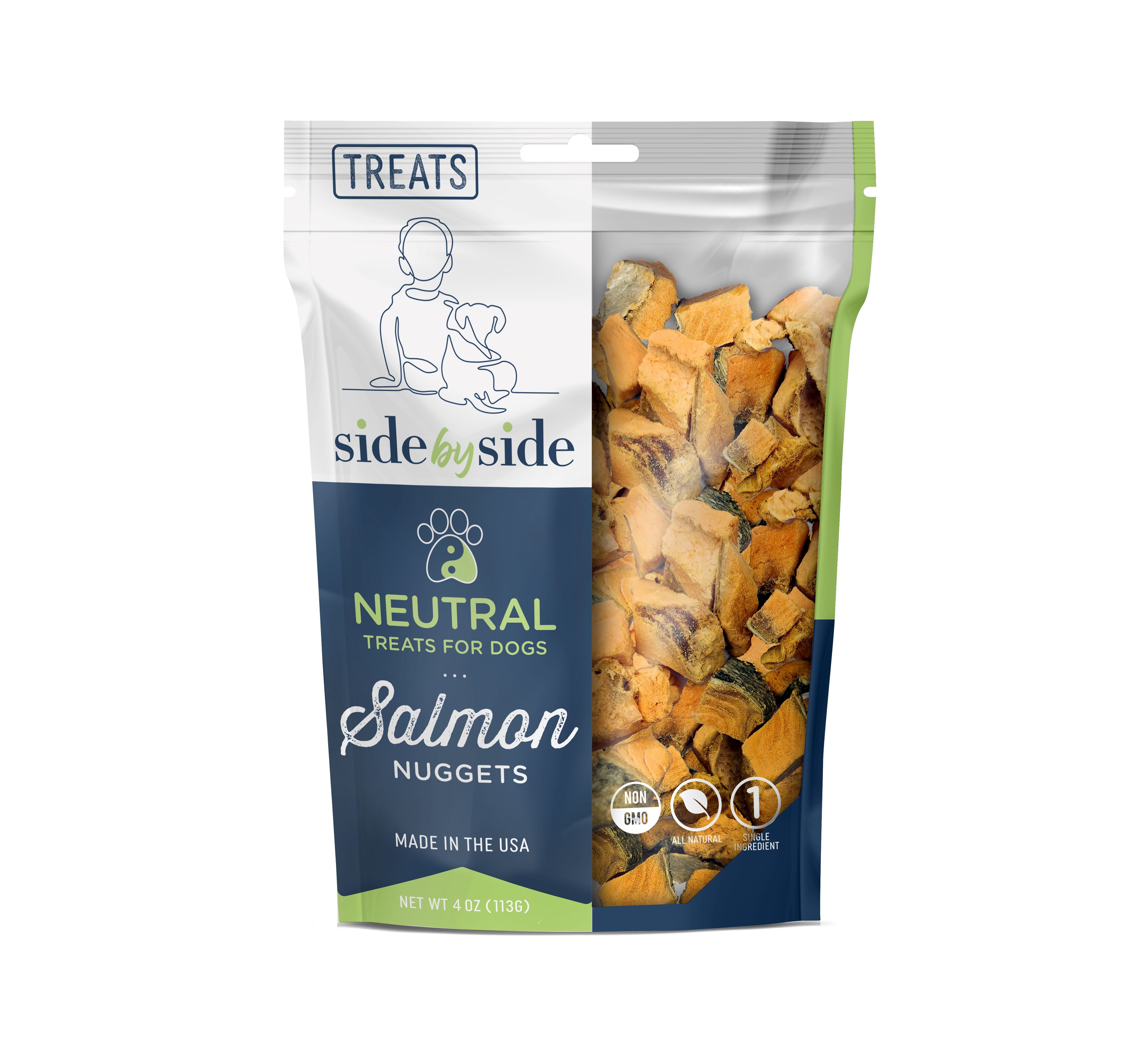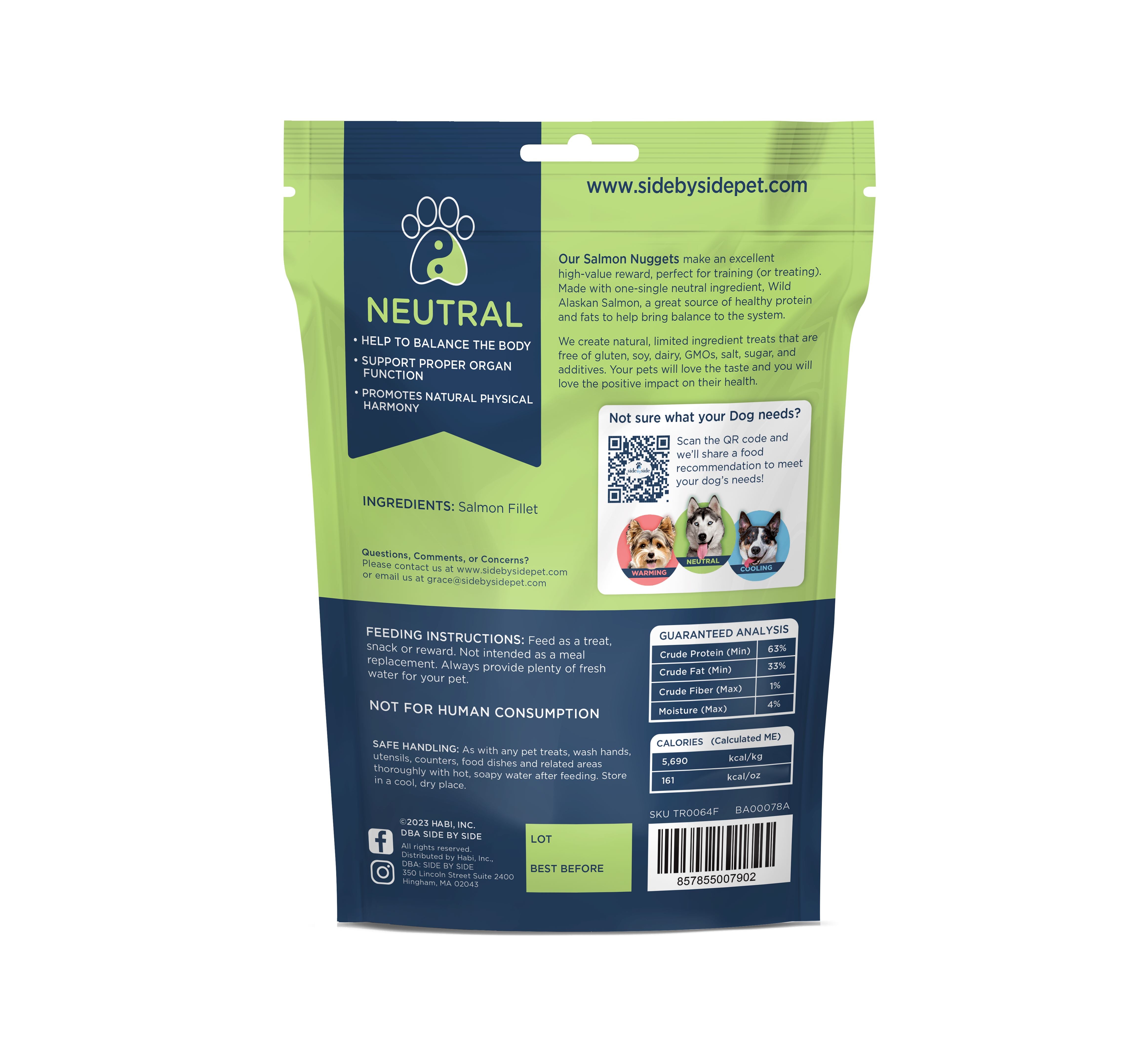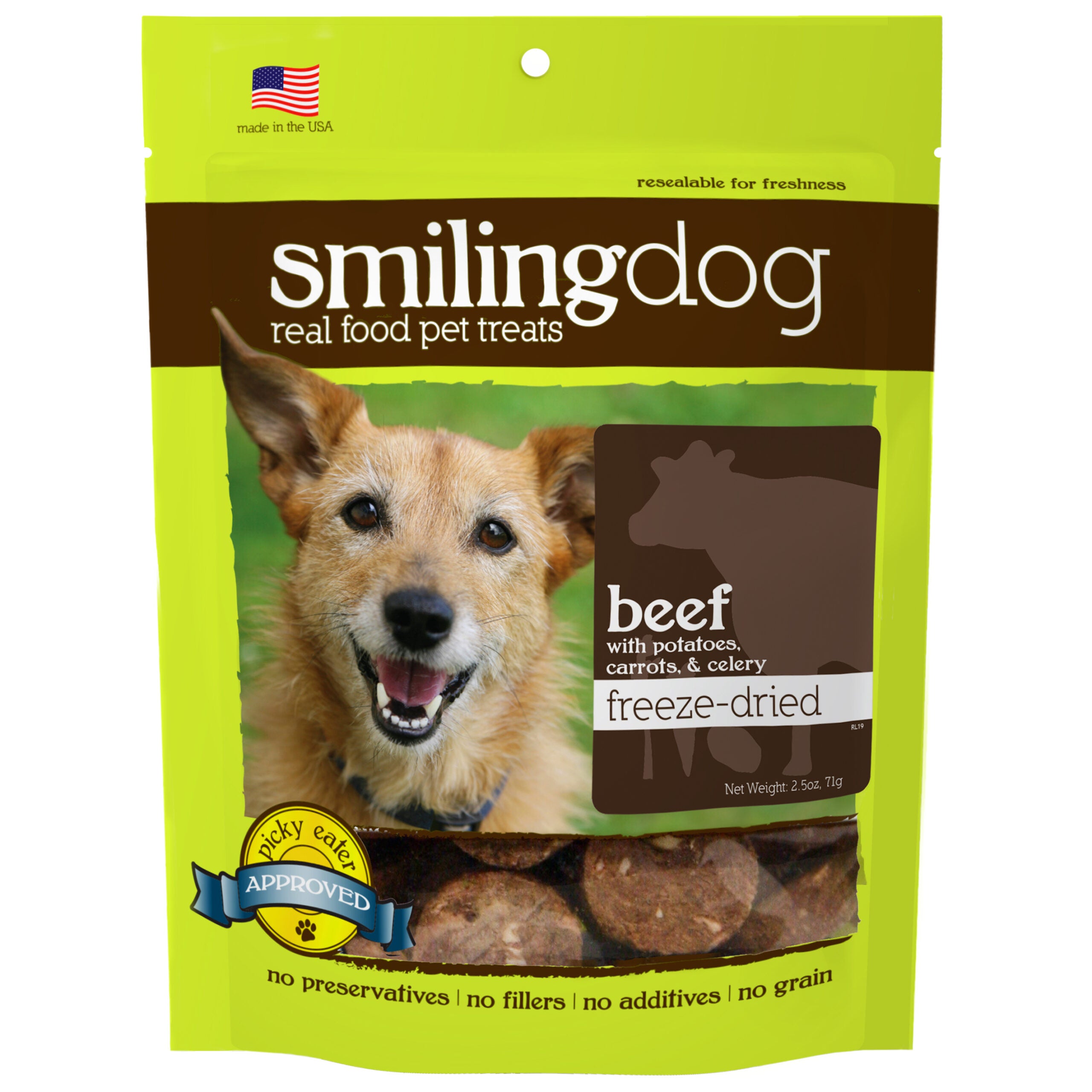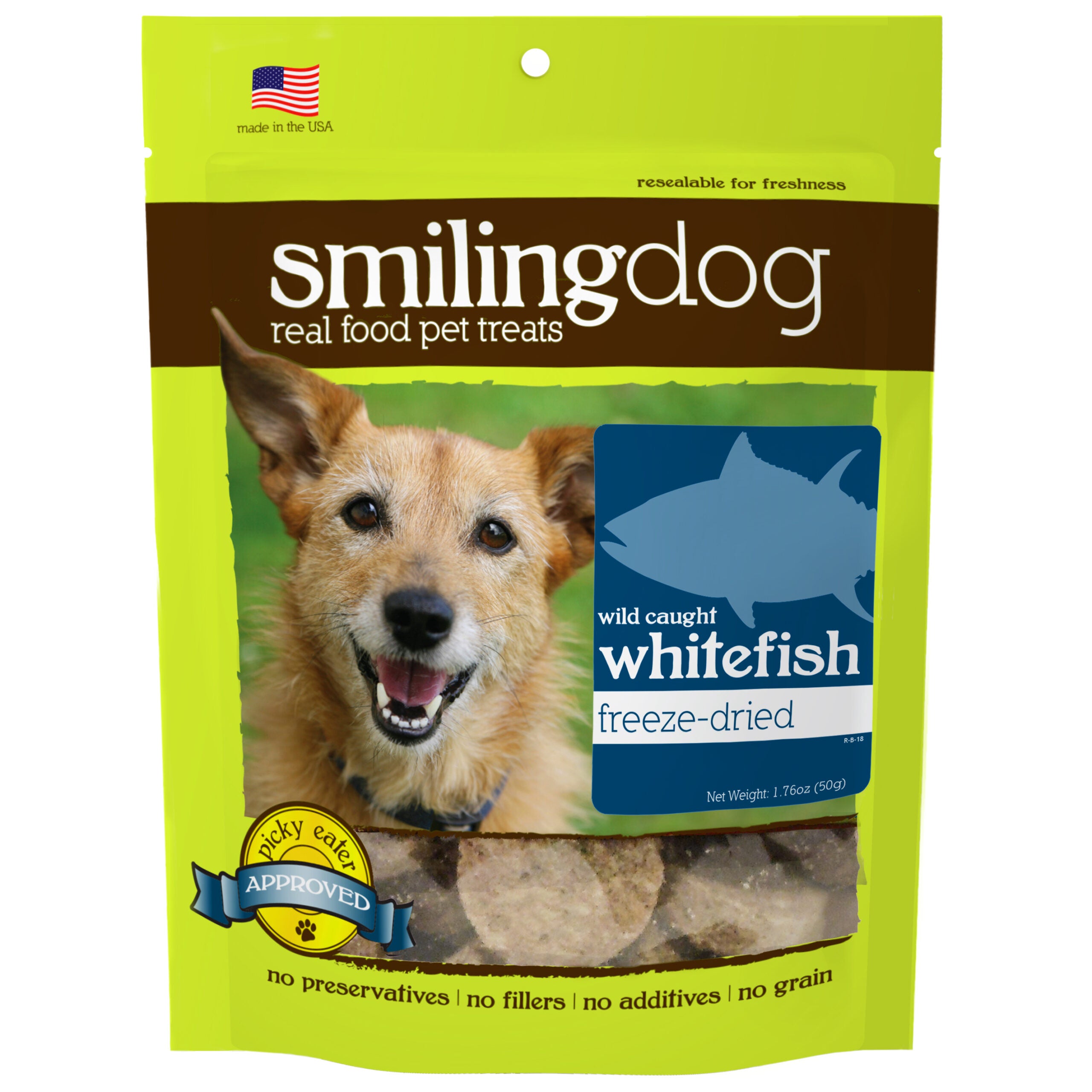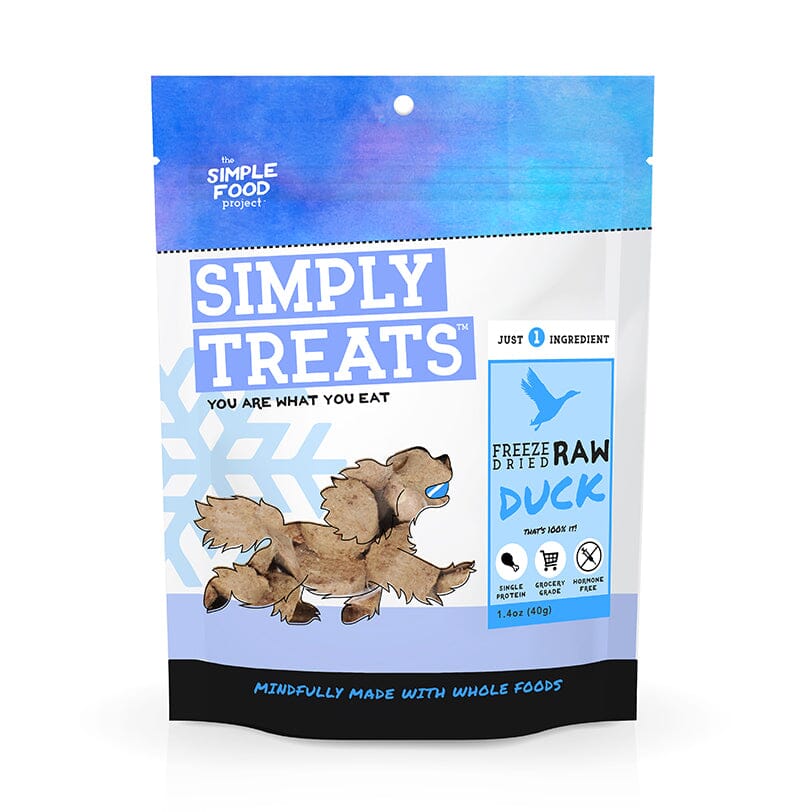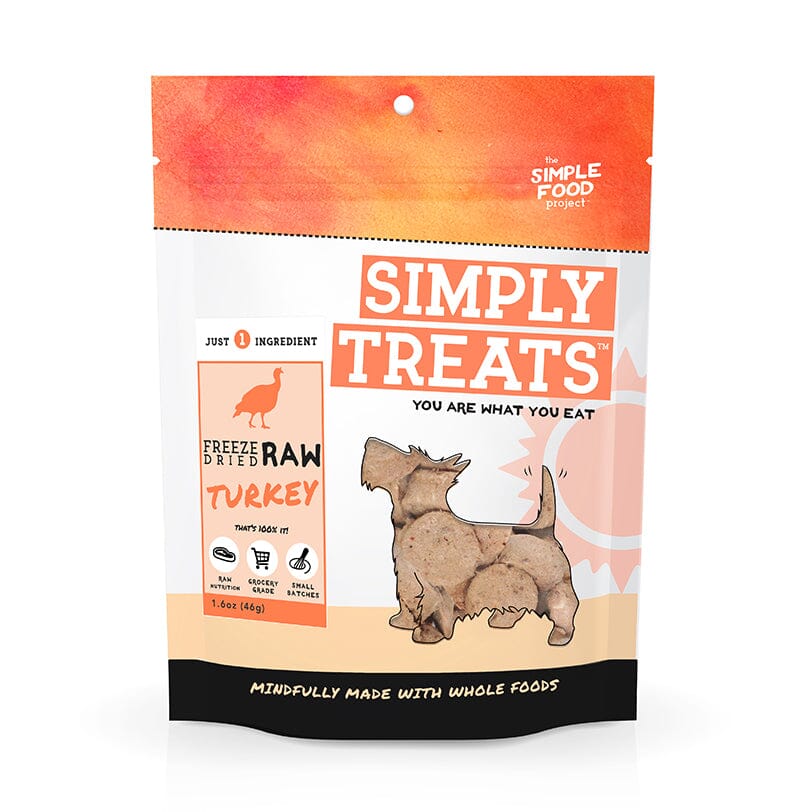
How to Comfort a Cat with Pancreatitis

It is difficult to determine exactly how many cats get pancreatitis each year, as the condition is often underdiagnosed and its symptoms can be similar to those of other conditions.
However, it is estimated that pancreatitis is a relatively common condition in cats, and may affect up to 2% of all cats.
Pancreatitis is more commonly seen in older cats, and certain breeds may also be more predisposed to the condition.
Factors such as obesity, a high-fat diet, and certain medications may also increase the risk of pancreatitis in cats.
If you suspect your cat may be suffering from pancreatitis or any other health condition, it is important to consult with your veterinarian for proper diagnosis and treatment.
What Is Pancreatitis in Cats?
Pancreatitis in cats is a condition characterized by inflammation of the pancreas.
The pancreas is a glandular organ near the stomach that produces digestive enzymes and hormones that regulate blood sugar levels.
When the pancreas becomes inflamed, it can cause a range of symptoms in cats, including:
- loss of appetite
- vomiting
- diarrhea
- abdominal pain
- lethargy
- dehydration
The symptoms can be mild or severe and may vary depending on the underlying cause of pancreatitis.
If your cat suffers vomiting and/or diarrhea for more than 24 hours or doesn't eat for more than 24 hours, you should contact your vet immediately.
What Causes Pancreatitis in Cats?
Pancreatitis in cats occurs due to various factors, including:
- infection
- trauma
- dietary factors
- autoimmune disorders
It can also occur due to other underlying conditions such as liver disease, inflammatory bowel disease, or diabetes.
Diagnosis of pancreatitis in cats typically involves blood tests, imaging studies, and other diagnostic tests to evaluate the extent of the inflammation and any underlying causes.
Treatment for pancreatitis in cats usually involves supportive care to manage symptoms and promote pancreas healing.
This may include hospitalization for intravenous fluids and medications to control nausea and vomiting, as well as a bland, easily digestible diet.
In some cases, surgery may be necessary to remove damaged tissue or to address underlying conditions that may be contributing to the inflammation.
What to Feed a Cat with Pancreatitis
First, you should follow your veterinarian's instructions to help your cat overcome pancreatitis.
Our vets typically recommend home-cooking chicken or turkey and rice. Keeping:
- protein at 75-90%
- fat below 10-25%
When your cat is stable, the next step is feeding an energetically appropriate diet.
Don't worry; this isn't as difficult as it sounds!
Just go to the PET | TAO recipe page and choose the recipe that most suits your cat's behaviors.
Supplements for Cats Suffering from Pancreatitis
In addition to feeding nutritious food, you can help ease and prevent pancreatitis by adding specific supplements to your cat's regimen.
Harmonize Liver Supplement
Our vets recommend PET | TAO Harmonize Liver for cats prone to pancreatitis.
Harmonize Liver helps by providing digestive enzymes and probiotics for digestion and gut health to help alleviate and prevent further bouts.
Also, it contains milk thistle and other ingredients to support the liver.
Liver support is vital because pancreatitis stresses your cat's liver.
Spleen Treats
Our vets also recommend feeding PET | TAO Spleen Freeze Dried Raw Treats for cats prone to pancreatitis.
Spleen treats are great for keeping "everything digestive" in balance.
In addition, spleen treats help cats suffering from:
- diarrhea
- weight loss
- muscle atrophy
- weakness
- sensitive stomach
TCVM Herbs to Comfort Cats with Pancreatitis
TCVM offers several different herbal formulas to help comfort a cat with pancreatitis.
Some examples are:
- Three Seeds Combination (San Ren Tang) helps resolve chronic pancreatitis and helps reduce the risk of future episodes.
- Four Marvels (Si Maio San) - stimulates insulin sensitivity, and studies have verified its beneficial antioxidant effects in pancreatitis.
- Glenhia and Rehmannia Combination - helps resolve mild low-grade pancreatitis and prevents recurrences. However, the formula is contraindicated in acute active pancreatitis.
- Huo Xiang Zheng Qi San - helps with chronic pancreatitis in young animals. Especially helpful if pancreatitis is associated with diarrhea and/or intestinal bacterial overgrowth.
The formulas listed above are just a few of many options.
Therefore, to find the appropriate formula for your pet, you need the help of a TCVM-trained veterinarian. We also require veterinary authorization before shipping TCVM herbal formulas.
Need Extra Help Managing Your Cat's Pancreatitis?
If you ever feel like you need extra help in managing pancreatitis health challenges naturally or with TCVM herbal blends, we can help.
TCVM Pet Supply co-founders Dr. Marc Smith and Dr. Casey Damron offer TCVM telemedicine consultations.
If you get a TCVM telemedicine consultation, you'll get personalized TCVM recommendations specific to your cat, including:
- TCVM Evaluation
- Food Therapy Recommendations
- TCVM Herb Recommendations & Veterinary Authorization
- Supplement Recommendations
- Alternative Medicine Recommendations
If you reside in the Middle Tennessee area or would like to commute, you may choose an in-clinic appointment instead.
You can learn more about each vet and contact the clinic you prefer to set up your consult:
- Marc Smith, DVM, MS - Natchez Trace Veterinary Services
-
Casey Damron, DVM, CVA - White Oak Animal Hospital
We hope this information helps you and wish you the best in helping your cat feel better.
If you have any other questions or if we can help you in any way, just let us know!
GET 20% OFF YOUR FIRST ORDER! JUST ENTER CODE 20%OFF1ST IN THE DISCOUNT CODE BOX AT CHECKOUT.







